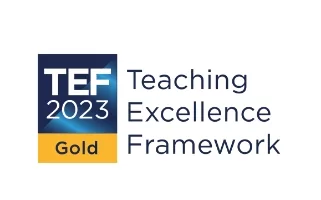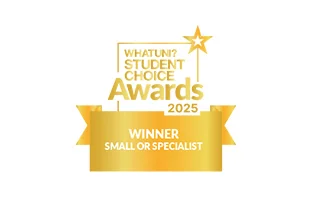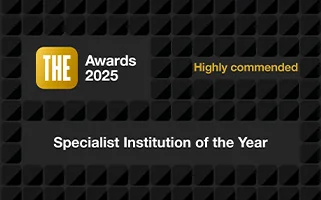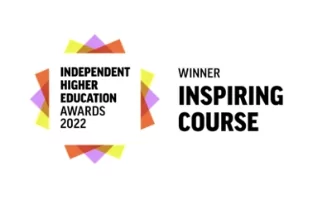Thoughtful guidance on understanding and creating safe learning environments. A review of Home Learning Environments for Young Children by Cathy Nutbrown, Peter Clough, Kay Davies and Peter Hannon (2022, London: Sage)
Back to Norland Educare Research Journal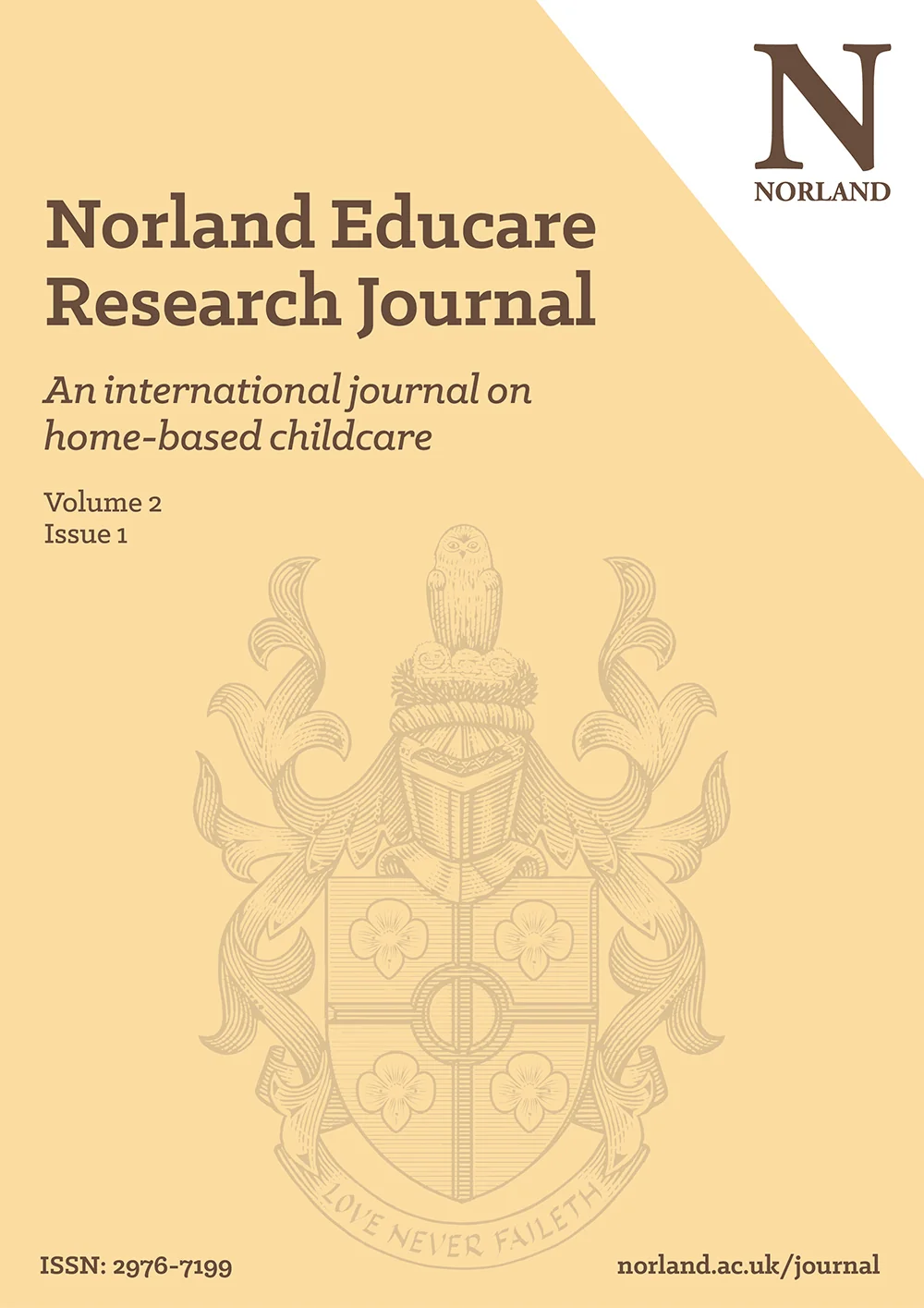
About the journal
Read more about the journalEditorial board
View our editorial boardJournal policies and ethics
View our policies and ethicsPeer review process
View peer review processInformation for readers
Read our information for readersInformation for authors
Read our information for authorsCall for papers
View our call for papersTerms and conditions
View terms and conditionsIn our post-pandemic landscape, with rapidly changing use of technology, it is more vital than ever that we understand how best to support babies and children in the fundamental early years, from birth to the age of five. Home Learning Environments for Young Children is a thoughtful text that encourages the reader to consider how parents, carers and professionals must work in partnership to best support children with early learning and literacy. The authors work together examining key issues and debates in a way that perfectly fits the ethos of the book, which is about collaboration and communication. They draw on their own expertise and research in early childhood as well as other available research to discuss parents’ experiences, before and during Covid. They skilfully intertwine several case studies on topics such as family learning sessions, home visits and family literacy in prisons to help the reader understand how parents can support learning at home in those critical early years.
The book contains 11 chapters which are accessible and easily digestible through the clear layout, headings and subheadings, chapter objectives, shaded ‘case study’ boxes, and inclusion of quotes. A key strength of the book is the discussion of the lived experiences of 32 case studies, contributed by parents and a diverse range of professionals, such as early years teachers, parent advisers, headteachers and charity members. The authors complement each case study with a narrative to help the reader to situate them within the early childhood landscape.
The authors are not afraid to explore more sensitive themes, such as family literacy in prisons, family learning in many languages and the context of ‘disadvantage’ in early childhood, which give readers insights that may not be found elsewhere. These topics are explained and approached in an appropriate and informative way, with links to literature where needed to help substantiate the discussions.
This book has several uses for different readerships. It provides guidance for trainee early years practitioners and offers ideas for practical projects for parents or carers. The sharing of recent research evidence is useful for academics and lecturers who support learners studying early childhood or education studies in further and/or higher education. They may also use the book for staff development and their own research.
The friendly and inclusive tone draws the reader in and makes this an appealing read for both students and busy practitioners who may be short on time and need a text which they can easily and quickly access without a mass of information that could be overwhelming. The latter comes in separate recommended journal articles.
To conclude, Home Learning Environments for Young Children is current, up to date and brings together a plethora of knowledge in the field of early childhood that it is rare to find in just one publication. I highly recommend this book for anyone wanting to understand more about how we can best support young children and facilitate purposeful and valuable early learning in partnership with families by applying key concepts and approaches.
* Dr Poppy Gibson is a Senior Lecturer at Anglia Ruskin University (ARU), Essex, with a 17-year career in education. Having been a primary school teacher for 11 years, Dr Gibson moved into higher education in 2017, and has now been lecturing for six years. Her key research interest is mental health and wellbeing in education for students, teachers and families.
Related articles
Front matter and content page: Norland Educare Research Journal
The Norland Educare Research Journal is an international double-blind peer-reviewed journal, published annually, online only. It is an open access journal, offering free-of-charge publication to researchers and authors, and free...
Editorial — Revisioning and reforming educare in the 21st century: the synergetic confluence of professional innovative practices and scientific evidence
This issue of the journal presents a collection of papers which bring to the fore critical issues about young children’s educare. In an interview conducted by Janet Rose, the Principal...
Useful links and information for the Norland Educare Research Journal
About the journal
Read more about the journalEditorial board
View our editorial boardJournal policies and ethics
View journal policies and ethicsInformation for readers
View information for readersInformation for authors
View information for authorsCall for papers
View call for papersTerms and conditions
View terms and conditionsTranslate this page
